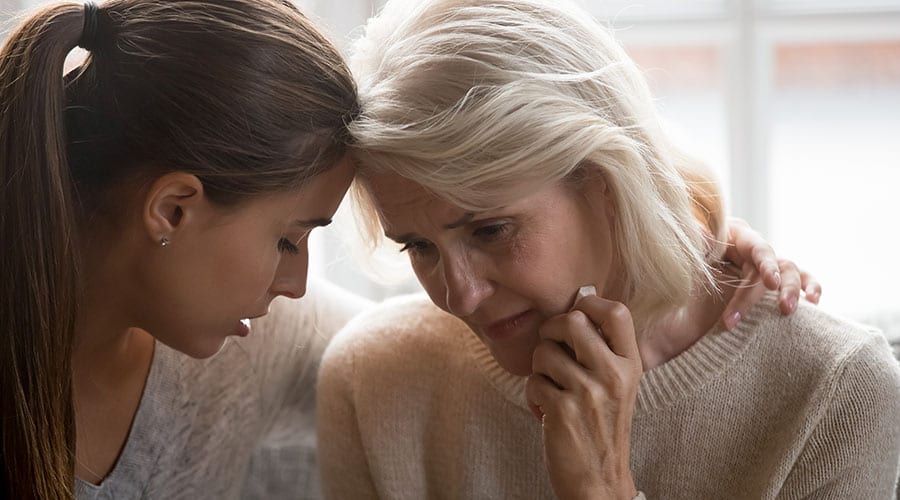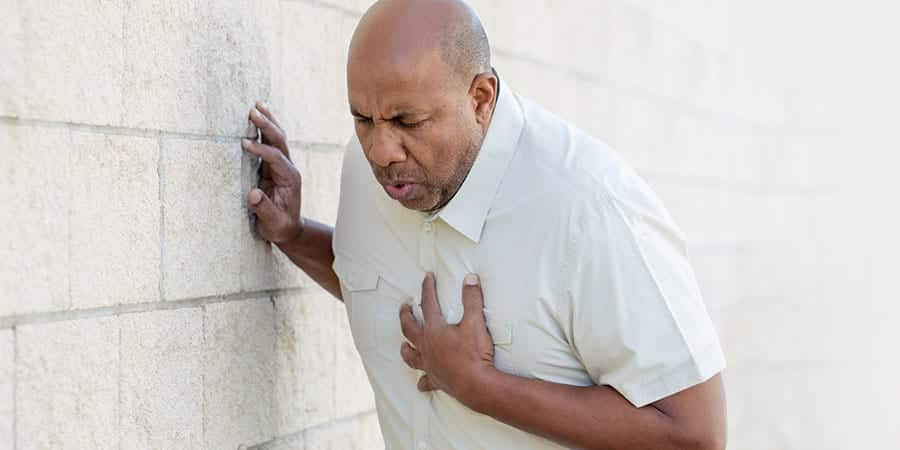Without realizing it, COVID-19 is wreaking havoc on many peoples’ state of mind. We may be finding ourselves in fear and isolation.
Many of us, or our friends and family members, are experiencing increased stress and anxiety levels. Some of us may even be suffering from grief and loss. No matter what, it hasn’t been especially easy.
The first reported COVID-19 case in China was traced to November of 2019. At first, many people didn’t pay much attention to this virus, even after China scrambled to construct temporary hospitals in Wuhan after an influx of cases.
Flash forward to over half a year later, and most of our lives have changed drastically in several ways.
Almost 450,000 people died from the novel coronavirus so far worldwide, with over one-fourth of those fatalities being in the United States. In many states, the curve doesn’t seem to be flattening, either.

While some people who are young and healthy may suffer mild symptoms, others, especially older adults, are at risk for more extreme manifestations of COVID-19. Other risk factors could include immune system disorders or deficiencies, or even drug use.
While this novel coronavirus may be minimally threatening, it could be deadly for others. The fear, stress, and isolation the novel coronavirus has caused for many is taking a toll on our mental health. Here’s how.
Fear Of Illness
Many people, especially those with preexisting conditions, are currently experiencing fear of contracting the novel coronavirus. In fact, more people are scared for their health than they are of anything else at the moment – including the repercussions of COVID-19 on the United States economy.
Fear and anxiety put stress on the body and can erode someone’s mental health.
The deterioration of mental health may cause certain mental health conditions, like depression, anxiety, and even substance use disorders to flare up or appear for the first time.
Grief, Loss, And Trauma
Grief and loss are a form of trauma for many people.
Aside from losing a loved one, a worldwide event like the COVID-19 pandemic can cause an immense amount of trauma for many individuals. For people that have mental illnesses, trauma might be magnified or made more likely to occur.

There are multiple stages of grief, and all can affect your mental health in different ways. If someone loses a loved one or is traumatized by the global health crisis, they must reach out for support during this trying time. Whether it’s a suicide prevention hotline, therapist, or mental health facility, experts can help.
Too Much Change
Everyone’s daily routine has gotten shaken up since the original outbreak of the novel coronavirus. Health care workers fear for their lives daily, and many are losing family members to this illness. Some people may have been laid off recently. Others are stuck in social isolation.
No matter what you’re going through, too much change (too short of a time frame) can be a bad thing.
Where someone may have felt healthy and connected to others before the effects of this pandemic, they may now feel very alone. Combine this with living with toxic family members, the possible loss of a job and immense financial insecurity, or large amounts of loss. You’re likely to find someone may become overwhelmed by change.
Negative Repercussions Of Poor Mental Health
Poor emotional health can affect our physical health. While many think of mental health and physical health as two entirely separate mechanisms, they’re actually intricately connected. Often, the downfall of one can lead to the downfall of the other.
The Mental Health Foundation mentions that Schizophrenia, a type of mental illness, can make someone two times as likely to die from heart disease, and three times as likely to die from a respiratory illness.

Amid a global health crisis surrounding an illness that shows high rates of respiratory symptoms, poor mental health can actually be physically dangerous. This is just another reason to keep your mental health in check and fight to remain emotionally healthy during self-quarantine.
Inpatient Treatment For Addiction And Mental Illness
There are multiple ways to get better if someone suffers from poor mental health, a mental health condition, substance abuse, or all of these things combined.
Inpatient treatment for addiction can help people suffering from substance use disorders and co-occurring disorders, like depression and anxiety, to achieve recovery.
If you are feeling particularly emotionally vulnerable during this time of public health crises, treatment can help. You may be safer in a mental health or addiction facility than at home.
If you’re struggling, reach out to our addiction professionals today. We’ll guide you in the right direction.
